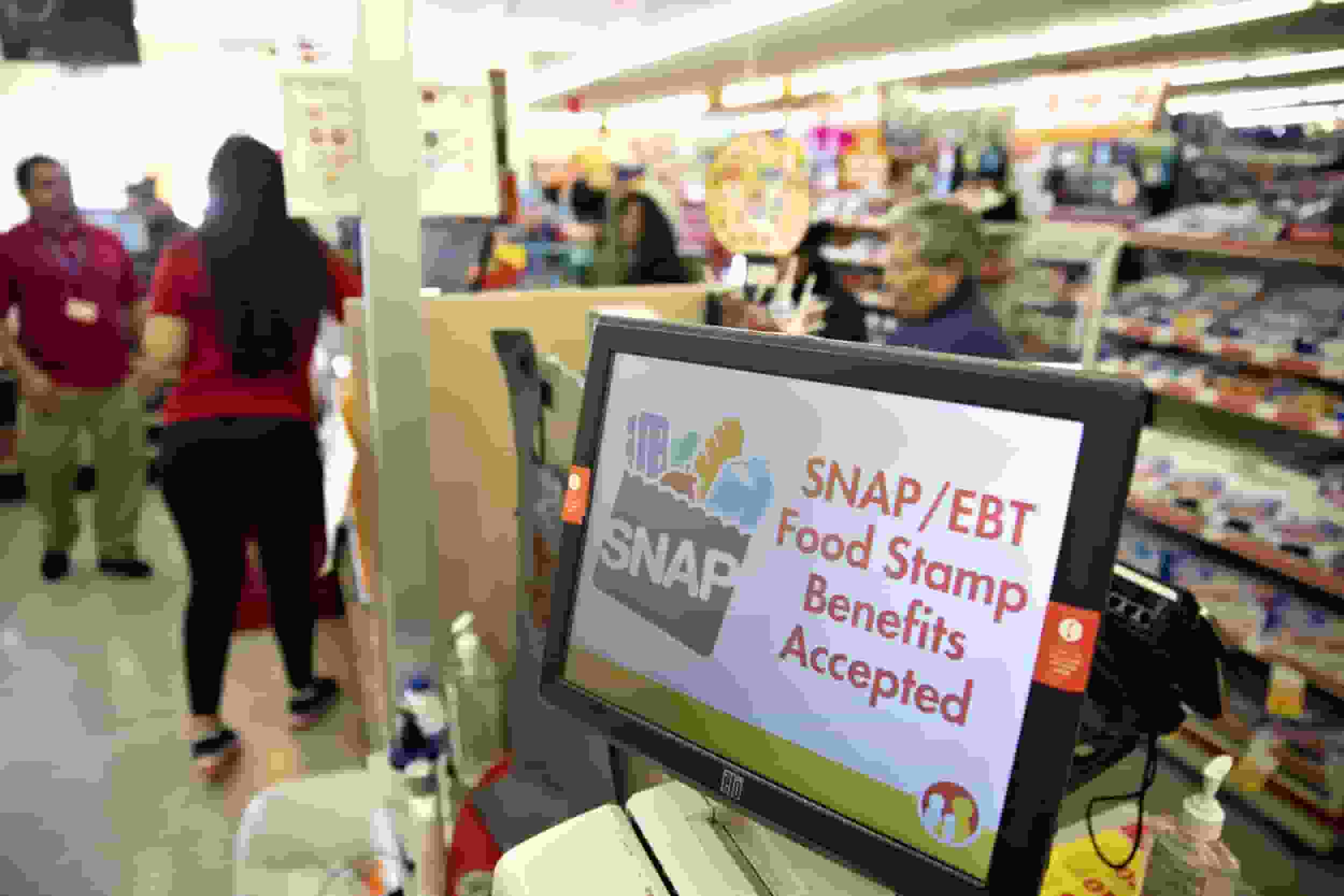
All New Yorkers enrolled in the Supplemental Nutrition Assistance Program (SNAP) benefits, including those already receiving the maximum, permitted amount, will receive an additional allotment of food assistance for February, Gov. Kathy Hochul stated on Friday.
The supplemental benefits, which have been provided on a monthly basis to assist New Yorkers in coping with the economic effects of the COVID-19 pandemic, will end after this month due to the modifications required by the Consolidated Appropriations Act of 2023, which was approved by Congress late last year.
Extra SNAP Benefits
All SNAP-eligible households will receive the emergency assistance supplement, which will inject $234 million in federal funding into New York’s economy this month. SNAP is a federally sponsored program that is administered by the New York State Office of Temporary and Disability Assistance (OTDA).
All households will receive a monthly supplement of at least $95 even if they are already receiving the maximum benefit for their size of household or would have otherwise received a supplement of less than $95.
By February 24, these additional payments should be distributed to SNAP households throughout all counties outside of New York City.
On Tuesday, February 28, SNAP households in New York City should get their benefits.
The emergency additional payments were first distributed by OTDA to SNAP households earning less than the maximum monthly benefit level in April 2020.
The agency was successful in working with the federal government to acquire the right to keep issuing the maximum amount for all SNAP households when New York State’s emergency designation expired in June 2021.
Read more: Social Security payments: Here’s when you can expect your February check!
States Can Now Use Medicaid Money

Furthermore, States can now use Medicaid monies to help people put fresh food on the table by giving “food as medicine” priority.
In an effort to boost general health, the Biden administration has now allowed states to use Medicaid funding to pay for people’s food. Although there hasn’t been a lot of research on these programs’ efficacy, many are now being examined around the nation.
Even while this new choice would irritate some lawmakers, the real question is going to be whether or not this kind of program will genuinely benefit health more than any current ones.
Read more: Tax refund update: Is your inflation relief check taxable?

